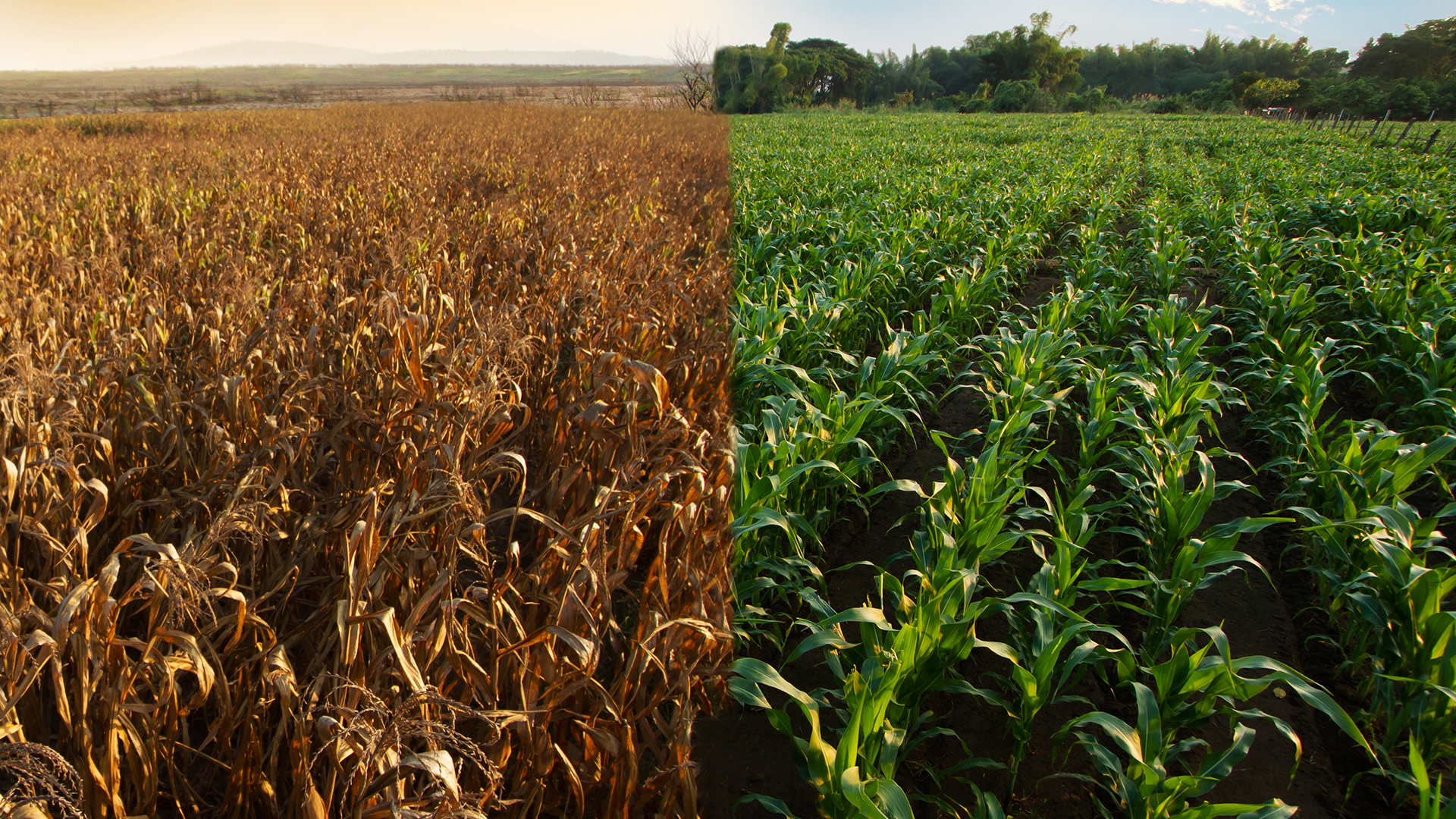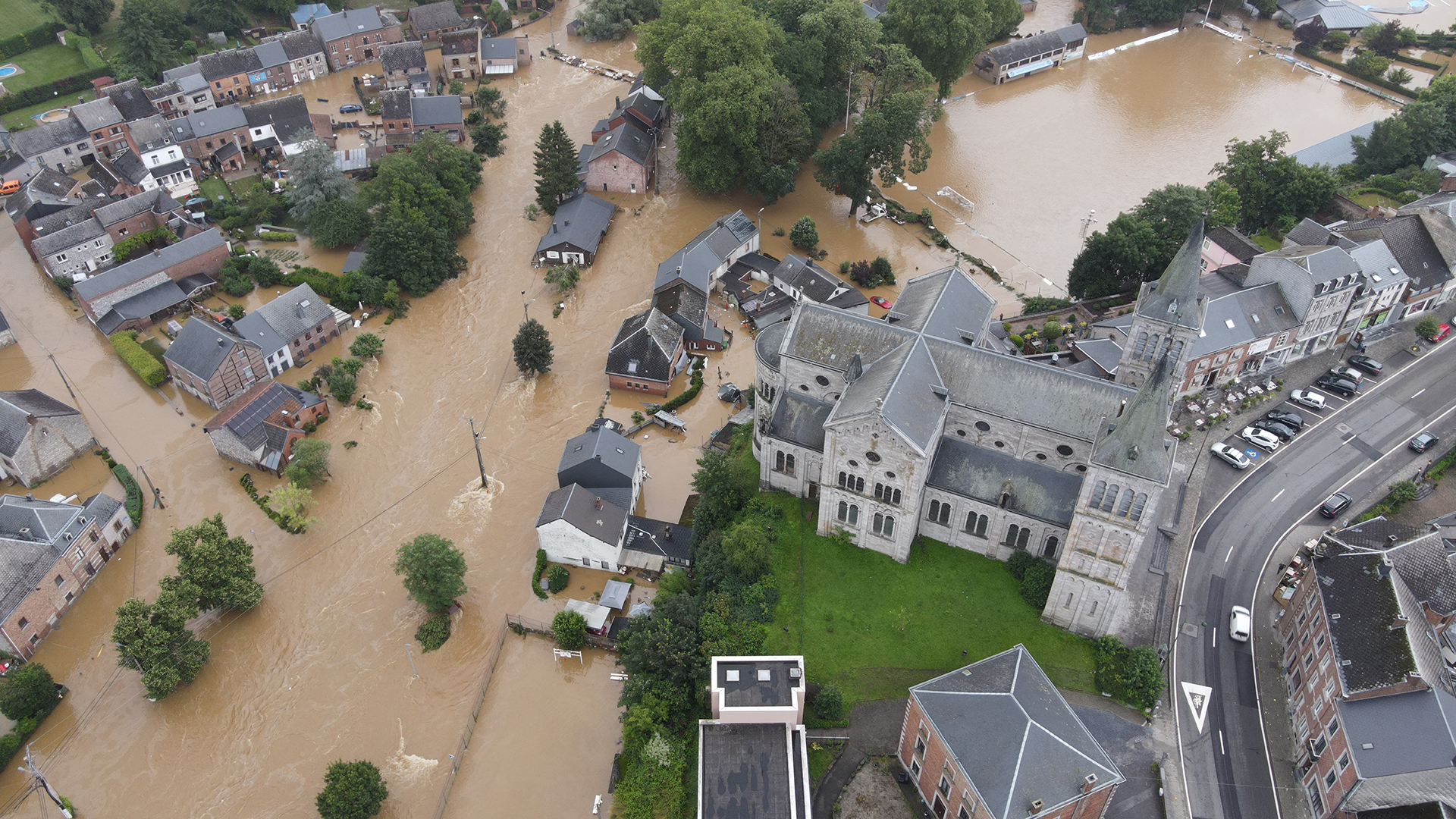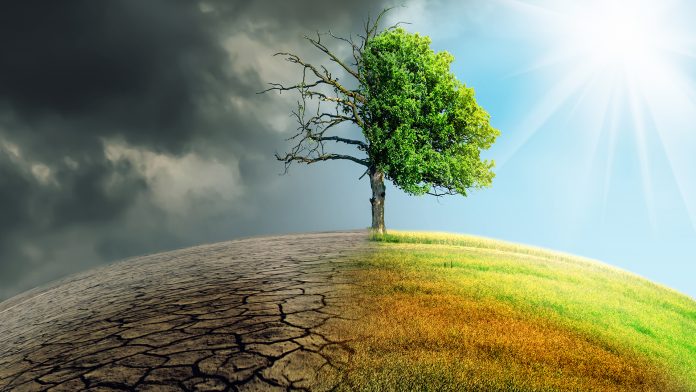A damning report from the European Environment Agency (EEA) warns that various climate risks across Europe have reached critical levels.
Europe stands as the fastest-warming continent globally, facing imminent climate risks that threaten multiple sectors, including energy, food security, ecosystems, infrastructure, and public health.
The EEA’s report ‘European Climate Risk Assessment (EUCRA)’ has issued a dire evaluation, underscoring the critical levels of many risks and the potential for catastrophic outcomes without immediate action.
Escalating climate risks
Extreme heatwaves, droughts, wildfires, and flooding, witnessed in recent years, are projected to intensify across Europe, even under optimistic global warming scenarios.
These phenomena are not only set to exacerbate living conditions but also pose significant threats to various facets of European life.
The EEA’s report highlights the urgency of identifying policy priorities for climate change adaptation and resilience building in vulnerable sectors.

The assessment reveals that Europe’s policies and adaptation efforts are failing to match the rapid escalation of climate risks.
Incremental adaptations may prove insufficient, necessitating urgent actions, even for risks not yet deemed critical. Certain regions within Europe emerge as hotspots for multiple risks.
Southern Europe faces heightened vulnerability to wildfires, heatwaves, and water scarcity, impacting agriculture, outdoor labour, and public health.
Coastal regions, including densely populated urban areas, confront threats of flooding, erosion, and saltwater intrusion.
Insights from the risk assessment
Identifying 36 major climate risks across five clusters—ecosystems, food, health, infrastructure, and economy and finance—the assessment emphasises the pressing need for immediate action.
More than half of these risks demand urgent attention, with eight deemed particularly critical.
These include conserving ecosystems, protecting against heat-related health issues, fortifying infrastructure against floods and wildfires, and ensuring the stability of European mechanisms like the EU Solidarity Fund.

© shutterstock/Great Pics Worldwide
Ecosystems face urgent risks, especially in marine and coastal areas, with potential cascading effects on food, health, infrastructure, and the economy.
In terms of food, heat and drought pose critical risks to crop production, particularly in southern and central Europe. Shifting towards plant-based proteins could mitigate water consumption and reliance on imported feed.
Heat is the most pressing climate risk for human health, impacting vulnerable groups such as outdoor workers, the elderly, and those in poorly built infrastructure. Addressing health risks requires actions beyond traditional health policies, including urban planning and labour laws.
Infrastructure, including energy, water, and transport systems, is increasingly vulnerable to more frequent and extreme weather events. Coastal flood risks are relatively managed, but rising sea levels and changing storm patterns pose significant threats, especially in southern Europe.
Europe’s economy and financial system are exposed to various climate risks, including increased insurance premiums, asset threats, and government expenditures.
The EU Solidarity Fund’s viability is already under strain due to costly floods and wildfires. Worsening climate impacts may exacerbate private insurance gaps and vulnerability among low-income households.
Collaborative approach needed
While acknowledging progress in understanding and preparing for climate risks, the EEA report underscores inadequate societal preparedness due to lagging policy implementation.
It calls for closer cooperation between the EU, its Member States, and regional and local levels to address urgent risks collectively.
Moreover, bridging knowledge gaps through an improved understanding of climate risks and effective governance structures is deemed crucial.
Europe’s battle against climate risks is at a critical juncture, demanding immediate and coordinated action across sectors and governance levels.
The EEA’s assessment serves as a call for policymakers to prioritise climate adaptation and resilience-building measures to safeguard the continent’s future.
As Europe grapples with escalating risks, concerted efforts towards mitigation and adaptation are imperative to secure a sustainable and resilient future for generations to come.









